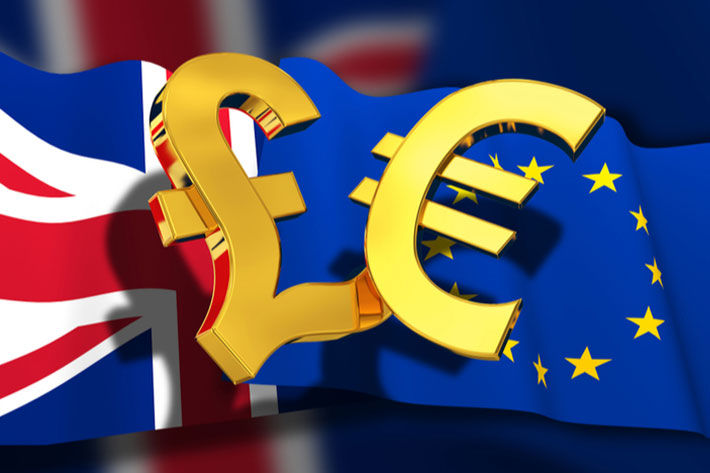
Under the TCA, UK-EU trade remains tariff and quota free, but the United Kingdom is no longer a member of the EU’s single market or customs union.
The LSE researchers—Rebecca Freeman, Kalina Manova, Thomas Prayer and Thomas Sampson—estimate that the implementation of the new trade relationship led to a sudden and persistent 25 per cent fall in UK imports from the EU relative to the rest of the world.
In contrast, they found a smaller and only temporary decline in relative UK exports to the EU. Nevertheless, there was a sharp drop in the number of trade relationships between UK exporters and EU importers, which suggests that the introduction of the TCA caused many UK firms to stop exporting to the EU.
Total UK export growth compared to that of other advanced economies was weak in 2021, but their analysis suggests that this weakness cannot be explained by a decline in relative exports to the EU, they wrote in a blog post on the LSE website.
It is surprising that the TCA had a greater effect on imports than exports in 2021, particularly since the UK delayed the introduction of many customs checks on EU imports until 2022, they noted.
The TCA led to a fall of around 30 per cent in the number of export relationships (or export ‘varieties’) with the EU relative to the rest of the world and a smaller, but still significant, drop in the relative number of import relationships. The decline in export relationships is moreover driven by the exit of low-value relationships.
Fibre2Fashion News Desk (DS)